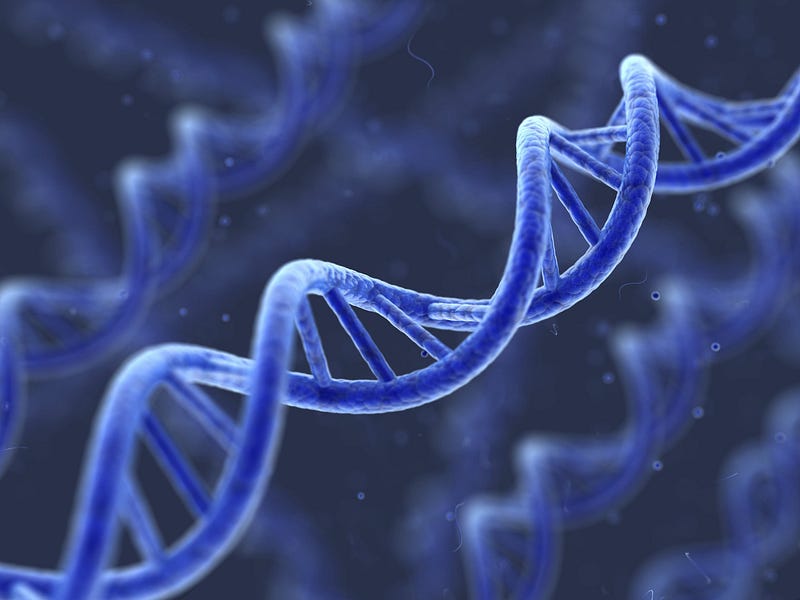Exploring Genetic Influences on Monogamy and Commitment
Written on
Chapter 1: The Genetic Basis of Monogamy
The concept of faithfulness may be encoded in our DNA. Some species choose to pair with a single partner while others exhibit more promiscuous behaviors. For instance, animals like wolves, prairie voles, and bald eagles are known for their loyalty to one mate, whereas many bird species are infamous for their fleeting romances. What accounts for the difference in mating strategies across species? Researchers propose that genetics may hold the key.
Researchers from the University of Texas at Austin have delved into the evolutionary selection of monogamy, conducting a study to determine what underlies the monogamous behavior in certain species. Their investigation encompassed various vertebrates that have evolved over a span of 450 million years from a common ancestor. To focus their research, they analyzed the gene activity of five pairs of species to find commonalities among those that exhibit monogamous traits.
Through their examination of brain tissue, they pinpointed 24 genes that appear to correlate with monogamous behavior in vertebrates. Notably, they discovered that genes related to neural development, cell signaling, synaptic activity, learning, memory, and cognitive functions were more actively expressed in monogamous males compared to their polygamous counterparts. Conversely, genes associated with gene expression and the regulation of the AMPA receptor—crucial for central nervous system signaling—were found to be less active.
While the evolutionary forces that shape the reproductive behaviors of various species are complex, this research offers a promising avenue for understanding them. The scientists also proposed that historical and ecological contexts might influence gene expression, which in turn affects behavior. It is widely accepted in the scientific community that both an individual’s genotype and environmental factors play significant roles in shaping behavior. Thus, altering a species' ecological context could potentially lead to shifts in their genetic patterns, resulting in monogamous or non-monogamous behaviors based on their prior tendencies.
Although this study enhances our understanding of genetics, it’s essential to recognize that findings from animal studies often do not directly apply to humans. For example, while scientists have discovered treatments for Alzheimer’s and cancer through animal research, the quest for human cures remains ongoing. Nevertheless, results from animal trials are crucial for advancing scientific understanding. Insulin therapy for diabetes was pioneered in the 1800s through experiments involving various animal pancreas extracts. Similarly, cancer immunotherapy drugs were developed following tests on genetically modified mice. Every medical advancement aimed at improving human life has benefited from rigorously vetted animal experiments.
If these research findings are applicable to humans, they could offer insights for those struggling with commitment. So, the next time you find yourself defending your reluctance to settle down, you might jokingly attribute it to your genetic makeup.

Section 1.1: Evolutionary Insights into Monogamy
The first video titled "Question Your World - Is Monogamy Genetic?" explores how genetic predispositions may influence monogamous behavior across species.
Section 1.2: The Role of Genetics in Mating Strategies
The second video, "Genetic Code for Monogamy | National Geographic," delves into the genetic mechanisms that may underpin monogamous relationships in the animal kingdom.